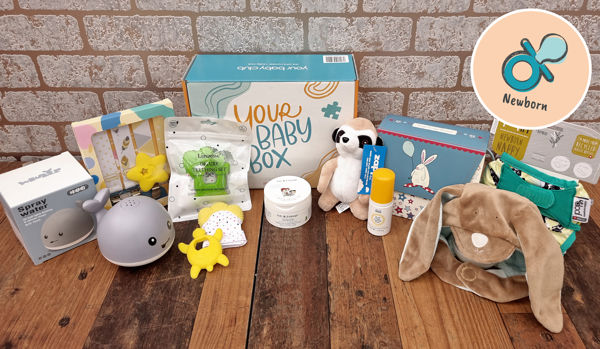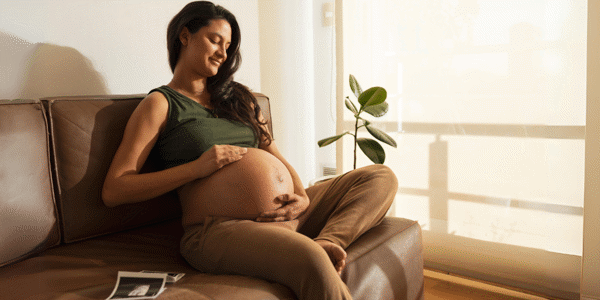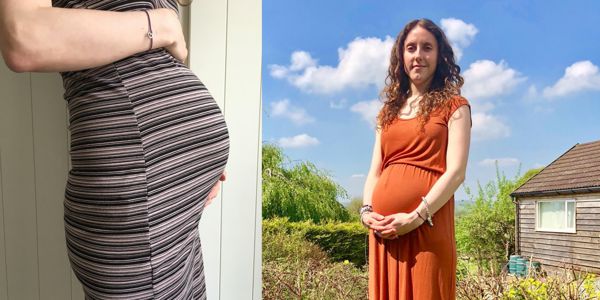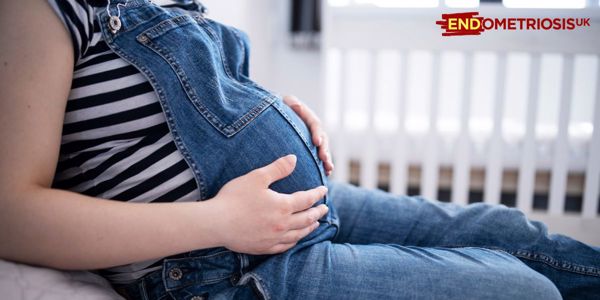For some parents, the journey to parenthood can be complicated by health conditions such as fibroids and endometriosis. These conditions are more common than may of us might think. 1 in 10 women and those assigned female of birth of reproductive age in the UK suffer from endometriosis, and it is currently the second most common gynaecological condition in the UK.
Fibroids are also common, with around 2 in 3 women developing at least 1 fibroid at some point in their life. They most often occur in women aged 30 to 50.
Here, we will explore what fibroids and endometriosis are, how they can affect pregnancy, and what you can do to manage these conditions.
Understanding Fibroids
Fibroids, also known as uterine leiomyomas, are non-cancerous growths that develop in or around the uterus. They vary in size, ranging from tiny seedlings that are undetectable by the human eye to large masses that can distort and enlarge the uterus.
While the exact cause of fibroids is unknown, factors such as genetics, hormones, and growth factors are believed to play a role.
Most women with fibroids are asymptomatic and may not even realise they have them. However, some may experience symptoms like heavy menstrual bleeding, pelvic pain, frequent urination, and pain during sex. These symptoms can be distressing and may impact a woman's quality of life and reproductive health.
What is Endometriosis?
Endometriosis is a condition where where cells that are similar to those in the womb are found elsewhere in the body. This tissue can be found on the ovaries, fallopian tubes, the outer surface of the uterus, and other organs within the pelvis.
Endometriosis can cause a range of symptoms, including severe menstrual cramps, chronic pelvic pain, pain during intercourse, and infertility. The severity of symptoms can vary, with some women experiencing mild discomfort and others facing debilitating pain and significant fertility challenges
For those suffering from conditions such as fibroids or endometriosis, the thought of conceiving and navigating pregnancy can be daunting.
To get some insight, we caught up with Dr Aarthi Sinha, an NHS and private GP with a special interest in menopause, neurodiversity and the holistic side of aesthetic medicine. Here’s what she had to say:
Can Fibroids Interfere With Pregnancy?
For those suffering from conditions such as fibroids or endometriosis, the thought of conceiving and navigating pregnancy can be daunting.
Most pregnancies are completely uncomplicated by fibroids. However sometimes - depending the size, number of and location/type of fibroid- there can be risks to the pregnancy including miscarriage, an increased risk of premature labour or caesarean section and in rare cases placental abruption (an emergency where the placenta separates from the inner wall of the womb). The most common symptom of fibroids in pregnancy is abdominal pain - as they can often get bigger due to increased hormone levels.
Sometimes, if a fibroid is large enough and in a certain location it can prevent sperm from fertilising the egg - so could be a cause of infertility.
Will Endometriosis Affect My Pregnancy?
Endometriosis can be associated with infertility - so if you are planning a pregnancy it may be best to speak to your doctor about this. There is evidence that a pre-existing history of endometriosis can cause some complications in pregnancy such as miscarriage or a condition called placenta praevia (where the placenta attaches to the lower rather than the upper part of the womb).
Endometriosis is also a condition that can affect the bowels, bladder or ovaries depending on the severity of the condition - and these organs can subsequently be affected in pregnancy too.
A lot of women with endometriosis will have healthy pregnancies but it is important to speak to your doctor and mid-wife about this if you have a history of endometriosis and discover that you are pregnant. Many of the possible complications can be managed with good medical support and help from early on in pregnancy.
Will my endometriosis symptoms get worse during pregnancy?
This is variable. Some women may notice no changes in their endometriosis symptoms when pregnant. However others may experience pain in the abdomen due to rising oestrogen levels affecting endometriosis tissue in the abdomen. I always advise patients to have a low threshold to seek medical help in these instances (some times on multiple occasions if needed) to ascertain the cause of their symptoms.
It is also important to remember that endometriosis is a chronic condition - that may have often caused years of symptoms for women prior to their pregnancy. It is therefore completely natural that pregnant women may be very worried or anxious about how the endometriosis will affect their pregnancy and wellbeing.
I always advise my patients to seek out medical help for an explanation and reassurance - even if they are not experiencing active symptoms to ensure good overall physical and mental wellbeing during their pregnancy. A holistic approach is key to good health - especially so in pregnancy.
Head here for more on endometriosis and pregnancy.





